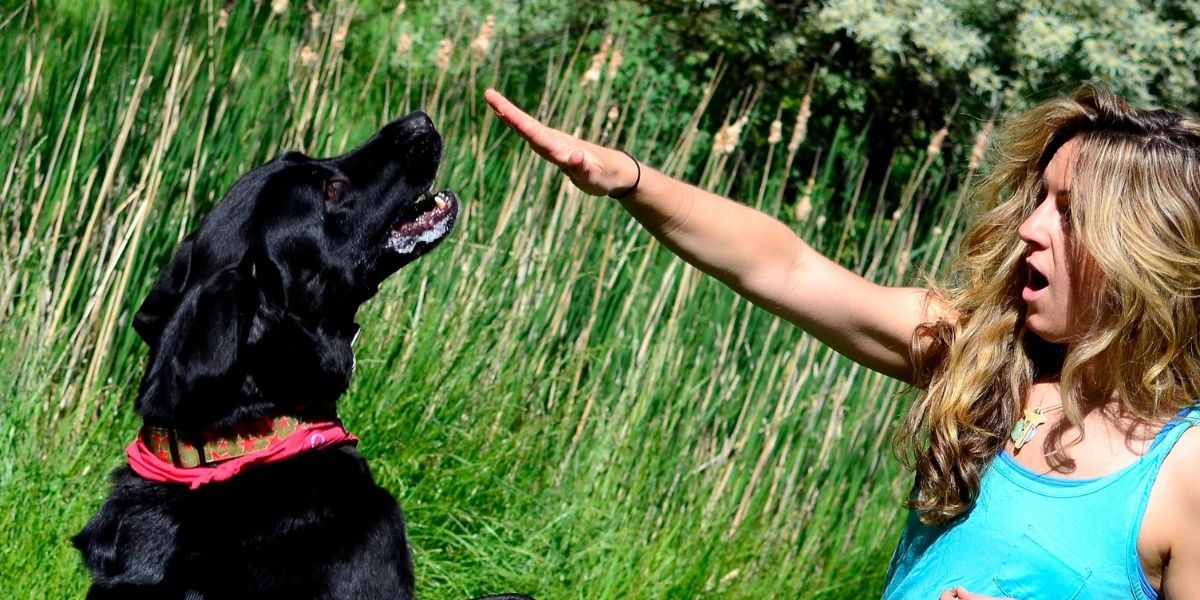I will never forget the first behavior I ever taught Sully. Naturally it was to sit. Nothing fancy. He aced the behavior quickly, as most dogs do since it’s their default behavior, unless you’re a dachshund! I taught him how to sit using a hand signal and a verbal cue. The next day, we approached the front door together for a walk. We were both facing the door instead of facing one another. I asked him to sit using my my verbal cue and he looked at me like I had never said that word before. In his head I imagine he was saying “What’s the hold up?! Let’s go outside!”
It was in that moment that I realized, oh yea, dogs do not generalize behaviors from one context to another. For example, Sully learned how to sit while I was facing him, not while we were standing next to one another.
Just the slightest change in the context and my training fell apart.
Generalization gets in the way of most owner’s training plan. They teach their dog a behavior in the house and then expect the dog to generalize that training game to ALL locations, distractions and scenarios. However, it does not work that way. This is the primary reason why dog owners are encouraged to train their dogs in a variety of contexts to make sure the dog understands the cue in all environments.
Real life application.
This had me thinking about my own behavior in certain contexts. For example, when I was living in San Francisco, I worked really hard on speaking my truth to my friends and family. For example, if I was feeling hurt, offended or needed to clear an assumption with one of my friends, I made a commitment to explore what I needed to say and to initiate the hard, yet rewarding conversation. After months of practicing, making mistakes and learning what worked and what didn’t, I got relatively good at speaking from my heart and saying the things I needed to say. However, when it came time to do this behavior in my dating life, whoa, look out – deer in headlights!
I remember saying to myself, I thought I was good at knowing what I wanted and speaking my mind. Just as I was about to get hard on myself I realized, I am simply not generalizing the behavior from one context to the next. The context seemed less familiar to me so I naturally leaned into old patterns or habits, similar to what dogs do.
I decided to make a conscious effort to generalize this behavior in this context. After a few months of practicing, I became more comfortable in saying the things I needed to say. All my practice paid off when I finally met the man of my dreams and was able to communicate what I longed for in a partnership. Score!
No one steps into the game knowing how to get everything right the first time. We need to practice, practice, practice before we master a skill and have the ability to generalize it in real life.
What will you practice with your dog?
What behavior will you generalize in your own life?

